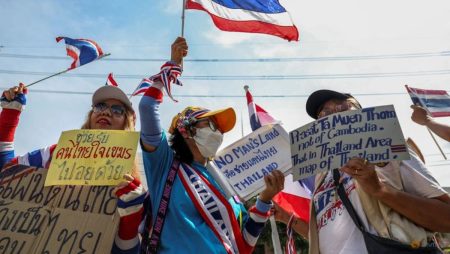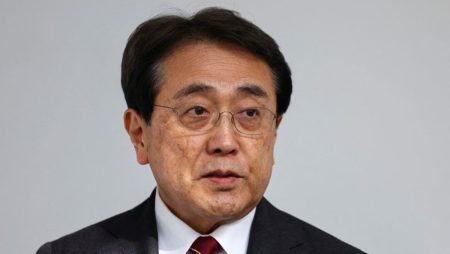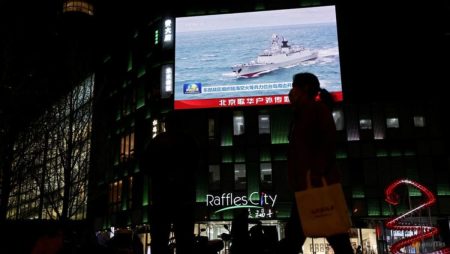Taiwan’s geopolitical landscape is fraught with tension, primarily stemming from China’s persistent claim over the island nation. This claim, coupled with China’s refusal to renounce the use of force to achieve unification, casts a long shadow over Taiwan’s future. The delicate balance of power in the region is further complicated by the United States’ long-standing role as Taiwan’s primary backer and arms supplier. This intricate dynamic, characterized by historical baggage, economic interests, and military posturing, forms the backdrop against which Taiwan navigates its path towards self-preservation and sovereignty.
Taiwan’s President, Lai Ching-te, has emphasized the imperative of bolstering the island’s defense capabilities. Recognizing the constant threat posed by China, President Lai has advocated for increased defense spending as a tangible demonstration of Taiwan’s commitment to its own protection. This stance reflects the island’s awareness of its vulnerability in the face of a much larger and more powerful neighbor. However, President Lai’s efforts to secure increased defense funding have faced challenges within Taiwan’s parliament, highlighting the internal political complexities that intertwine with the island’s external security concerns.
The United States’ role in Taiwan’s defense strategy is pivotal. While the US has historically been a steadfast ally, the advent of the Trump administration introduced an element of uncertainty. Trump’s transactional approach to international relations raised concerns in Taiwan about the reliability of continued US support. His pronouncements regarding Taiwan’s financial contributions to its defense and accusations of intellectual property theft further strained the relationship. Despite these challenges, Taiwan remains heavily reliant on US arms sales as a crucial deterrent against Chinese aggression, underscoring the delicate balance between self-reliance and dependence on external support that characterizes Taiwan’s defense posture.
President Lai’s call for increased defense spending is not merely a response to external threats; it also reflects an internal imperative to consolidate national unity. His assertion that “protecting Taiwan’s democracy and security is everyone’s responsibility” emphasizes the need for a collective effort to enhance the island’s resilience. This call for unity underscores the understanding that Taiwan’s survival hinges not only on military preparedness but also on the shared commitment of its citizens to defend their sovereignty and democratic values.
China’s stance on Taiwan remains unwavering. President Xi Jinping’s unequivocal statement that “no one can stop” unification with Taiwan underscores China’s determination to assert its claim over the island. This assertion, framed within the narrative of shared heritage and blood ties, reinforces China’s view of Taiwan as an integral part of its territory. President Xi’s pronouncements, coupled with intensified military exercises around Taiwan, signal China’s resolve to pursue unification, regardless of the obstacles.
The historical roots of the China-Taiwan dispute lie in the Chinese Civil War, which culminated in the retreat of Chiang Kai-shek’s Nationalist forces to Taiwan in 1949. This historical division has solidified into a complex geopolitical standoff, with both sides maintaining distinct political systems and identities. While China views Taiwan as a breakaway province, Taiwan asserts its sovereignty and democratic values, a stance that fuels the ongoing tension and underscores the fundamental differences in political ideology and national identity that lie at the heart of the conflict.










